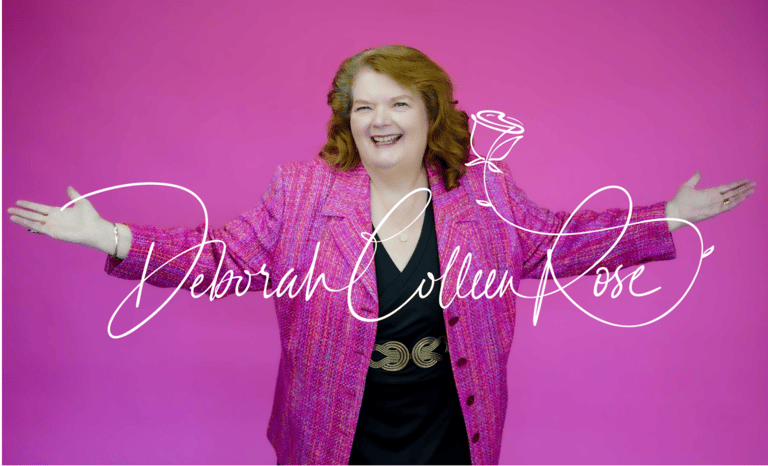Addiction Isn’t About the Bottle, It’s About the Shortcut
BRAIN HEALTH
Deborah Colleen Rose
8/17/20252 min read
We like to tell simple stories about addiction. The drunk at the bar is hooked on alcohol. The gambler is hooked on cards. The teenager locked in his room is hooked on video games. We point to the object—the bottle, the deck, the console—and call it the villain. But that’s only the costume.
Addiction doesn’t begin with chemicals or dice or glowing screens. It begins with the hunger to not feel what you feel. The bottle is just a doorway. The true addiction is the quick escape from the heaviness of being human.
Alcohol, drugs, sex, food, companionship, video games—they all offer different flavors of the same relief: instant emotional transformation. Alcohol says, I’ll take away your fear. Cocaine whispers, I’ll make you fearless. Sex promises, You are wanted, you matter, at least for this moment. Companionship at any cost murmurs, You won’t be left behind. Food soothes, You don’t have to sit with that ache; let me fill it. Video games declare, Here’s a world you can win, where the rules are fairer than life.
The hook isn’t in the substance or the behavior. It’s in that sigh of relief when the switch flips. It’s in the trance of forgetting. It’s in the blessed silence when your own thoughts stop scratching at the walls of your skull.
And here’s the paradox: the thing that offers escape also deepens the prison. The person who drinks to quiet loneliness finds themselves more isolated. The one who seeks validation in bed after bed grows emptier each time. The player who racks up digital victories loses grip on victories that count outside the screen. The comfort becomes a cage. The shortcut erases the path back home.
This is why addiction is so tenacious. It is not simply a bad habit. It is a rewiring of desire itself. The brain learns that discomfort is intolerable and that relief must be immediate. Waiting becomes impossible. Enduring becomes foreign. The addicted self becomes like a spoiled monarch—pounding the table, demanding, Now! Change my mood now!
Over time, the body may get hooked, yes—shaking, sweating, craving when the substance or behavior is withdrawn. But that’s the second act of the story, not the first. The first act is always emotional: the refusal to sit in the storm, the fear that if I don’t escape, I’ll disintegrate.
So when we say someone is addicted, we must be precise. They are not addicted to whiskey. They are addicted to forgetting. They are not addicted to food. They are addicted to never feeling empty. They are not addicted to video games. They are addicted to control in a world that feels uncontrollable. They are not addicted to companionship. They are addicted to the illusion that being wanted equals being whole.
The bottle, the pill, the bed, the plate, the console—these are just props. The real addiction is to the anesthesia. The disconnect. The brief moment of being lifted out of the body and away from the truth of one’s own life.
And this is why addiction is terrifying. Because it is not only about chemicals and cravings—it is about the soul’s inability to bear itself. It is about running from the weight of existence, and finding more and more elaborate shortcuts until the shortcuts themselves consume the journey.
In the end, every shortcut steals more than it gives. What looks like rescue is really erosion, a slow dissolving of the self. Addiction is not about bottles or beds or screens—it is about abandoning the long road of being human for the detour that leads nowhere. To name it clearly is to strip away the disguise: addiction is the worship of escape. And escape, no matter how sweet, can never become home.
